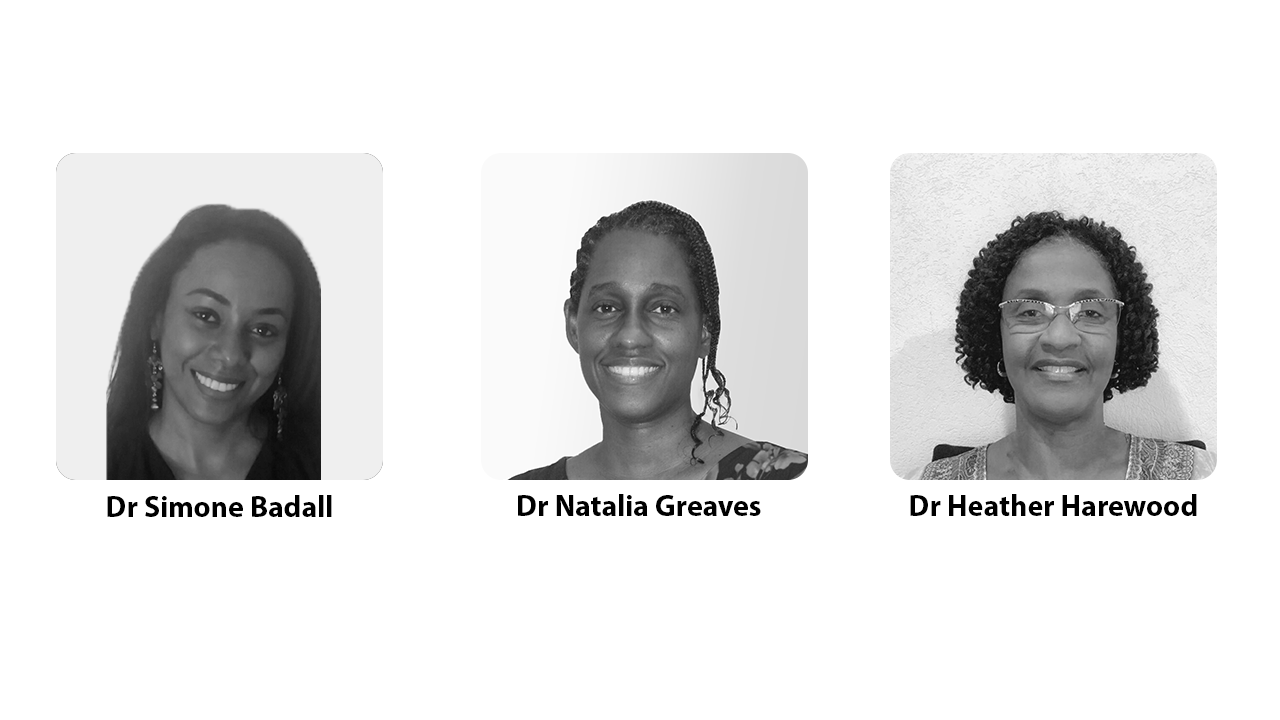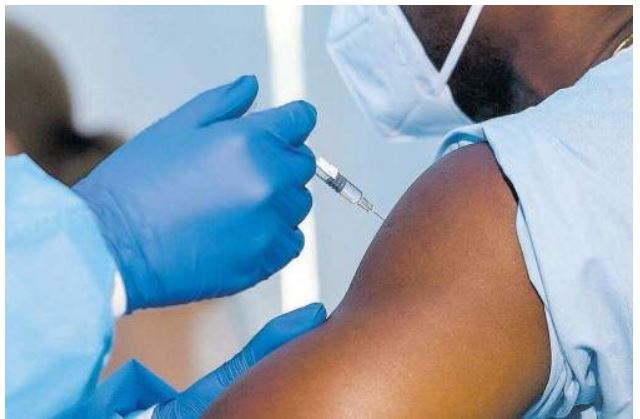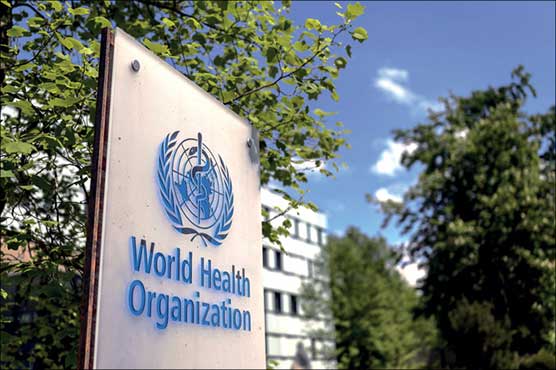This news article is a production distributed through Caribbean News Service. It is made freely available to your media and we encourage publishing and redistribution, giving credit to Caribbean News Service (CNS).
GEORGETOWN, Guyana, Dec 01 2015 – The Government will be increasing its support for HIV/AIDS related programmes, as increased efforts are being placed on awareness and preventative methods of tackling the disease.
As the world observes World AIDS Day 2015, the Director of the National AIDS Programme Secretariat (NAPS) Dr. Shanti Singh noted that while there has been an increase in the number of persons receiving treatment for HIV/AIDS, Region four remains the focus of the Secretariat as it is still the region that is mostly affected by the epidemic.
“Our 2014 report shows the largest proportion of HIV positive persons in the productive workforce so persons between the ages of 25-49 age group accounted for 61.4 percent of all of our cases. It also stated that there is a 1:1 gender ratio while region four continues to be disproportionately affected compared to the other regions and this trend continues in 2015,” she said.
Another challenge facing the health sector is the stigma and discrimination in the workplaces, homes and other places against persons affected by HIV/AIDS.
“We find that some workplaces still discriminate because they found out that someone is HIV positive and so that person loses his or her job. We find that people reach out to churches or their faith leaders and they find themselves in a position where they feel compromised or they didn’t get any help and there were discrimination. We find it among family members.”
While calling on persons to desist from discriminating and noting that the disease does not define a person, she said, “You will find someone who is on ARVs (Antiretroviral) and their family members don’t know, they have to hide and take their medicines and they often times miss their pills, they’re afraid to come to clinic and so on, so stigma and discrimination pose a major challenge in terms of moving forward.”
She said NAPS has been collaborating with Non-Governmental Organisations (NGO’s) and community groups to conduct outreaches.
According to Singh, with global funding winding down, the government has no choice but to increase its support for HIV/AIDS programmes.
“We have to ensure all our programmes are sustained…It is important to note that a lot of things; human resources, consumer grocery, agents, training, printing; a lot of things that we use on a day-to-day basis in the HIV programme has been transitioned to Government.”
Funding for AIDS related programmes are granted by the Global Fund and the US President’s Emergency Plan for AIDS Relief.
The first case of HIV/AIDS was detected in Guyana in 1987.
From then to now, there have been continual improvements and a decrease in the number of persons dying from the disease and more persons are getting tested with the help of several non-governmental organisations, according to the NAPS Director.
She added that from 2006 there has been a continual decline in the number of new cases, noting that, “in 2006, we had 1,258 cases being reported. In 2011, there were 972 cases, 2012; 820 cases, 2013, 758 cases, and 2014; 751 cases.”




